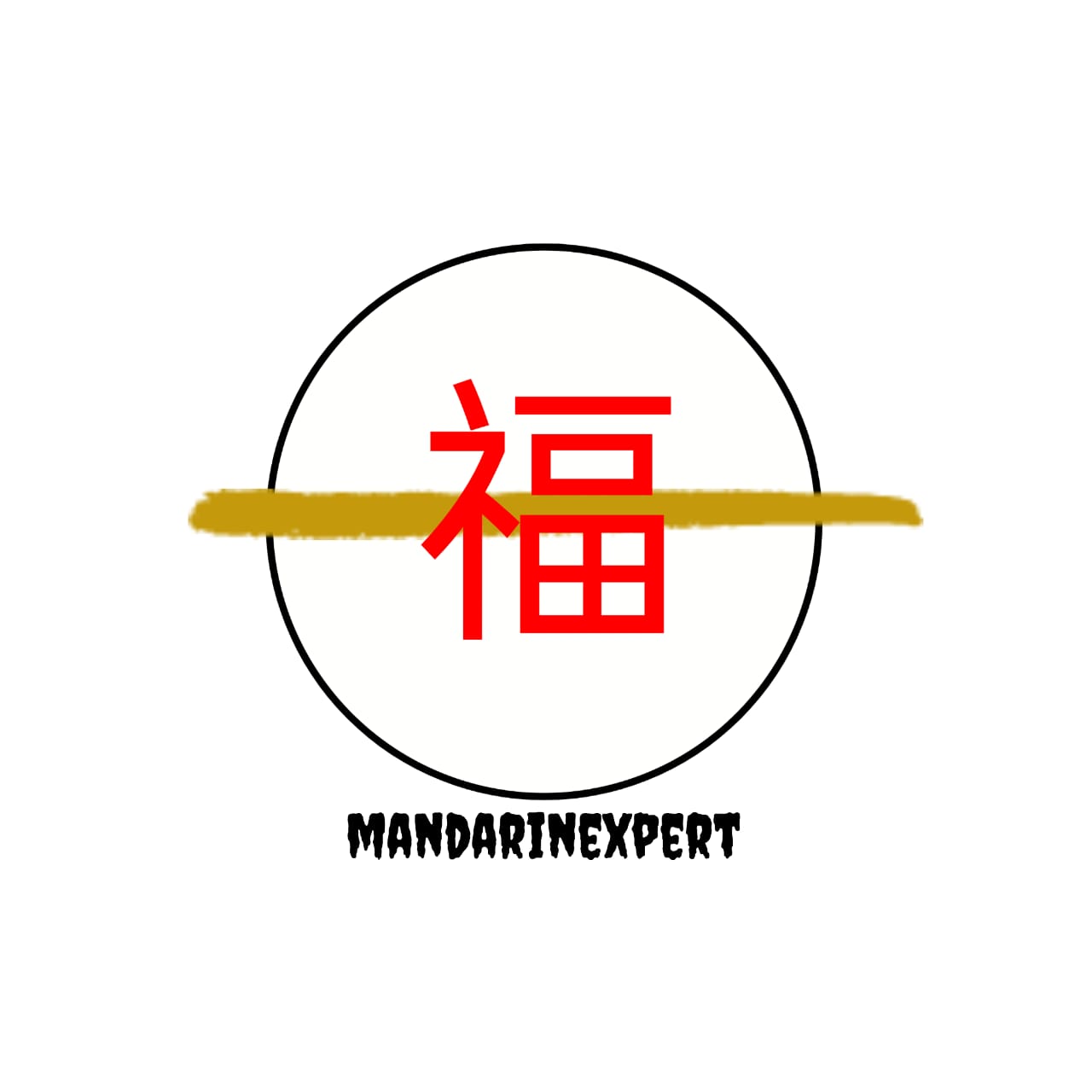USE OF 了(le)
le 了 used After verb or end of the sentence.
Rules : SUB + VERB + LE 了 + OBJ
Or SUB + VERB + OBJECT + LE 了
1. 了 le with an adjective
le grammar structures emphasize the adjective used in them. The “太 [adjective] 了” structure is also used to express an excess of something
太 [adjective] 了
[adjective] 极了
[adjective] 死了
可 [adjective] 了
zhège hézi tài dà le.
这个 盒子 太 大 了 。
this box is very big .
wǒmen è sǐ le
我们 饿 死 了
we about to die from hunger .
2. 了 is used to indicate a new situation or change of state.
tā shì lǎoshī le.
他 是 老师 了 。
He is a teacher.
wǒ bù hējiǔ le.
我 不 喝酒 了 。
I don't drink anymore.
tā huì yòngdiàn nǎo le
他 会 用电 脑 了.
He knows how to use a computer
tāmen bú zhùzài zhèlǐ le.
他们 不 住在 这里 了 。
They don't live here anymore.
(See The Situation Has Changed)
note: he was not a teacher but now is a teacher (situation change that's why to use le 了。)
3. means that it marks an action as complete.
zuótiān wǒ tōu le sān liàng chē.
昨天 我 偷 了 三 辆 车 。
I stole three cars yesterday.
wǒ mài le zhèxiē chē yǐhòu, wǒ jiù huì yǒu hěnduōqián.
我 卖 了 这些 车 以后 , 我 就 会 有 很多钱 .
After selling these cars, I will have a lot of money.
4. It's not le it's Liao but a verbal complement.
不了(bùliǎo) and 得了(déliǎo)
得了 after a verb means that the action can be done, whilst 不了 means that it can't.
我做得了. 我做不了.
Wǒ zuò déliǎo. Wǒ zuò bùliǎo
I can do it. I can't do it.
这么多饭 - 你吃得了吗?
zhème duō fàn - nǐ chī déliǎo ma?
So much food-can you eat it?
5. When le grammar and liǎo grammar work together when sense expresses anymore。
我受不了了(Wǒ shòu bùliǎole) I can't stand anymore.
我吃不了了(Wǒ chī bùliǎole) I can't eat it anymore.
我走不了了 ( wǒ zǒu bùliǎole) i can't walk anymore .
FOR MORE CHINESE MATERIAL UPDATES FOLLOW US.
https://www.instagram.com/mandarinexpert_official/
https://mandarinexpertsofficial.blogspot.com/








.png)
.png)


